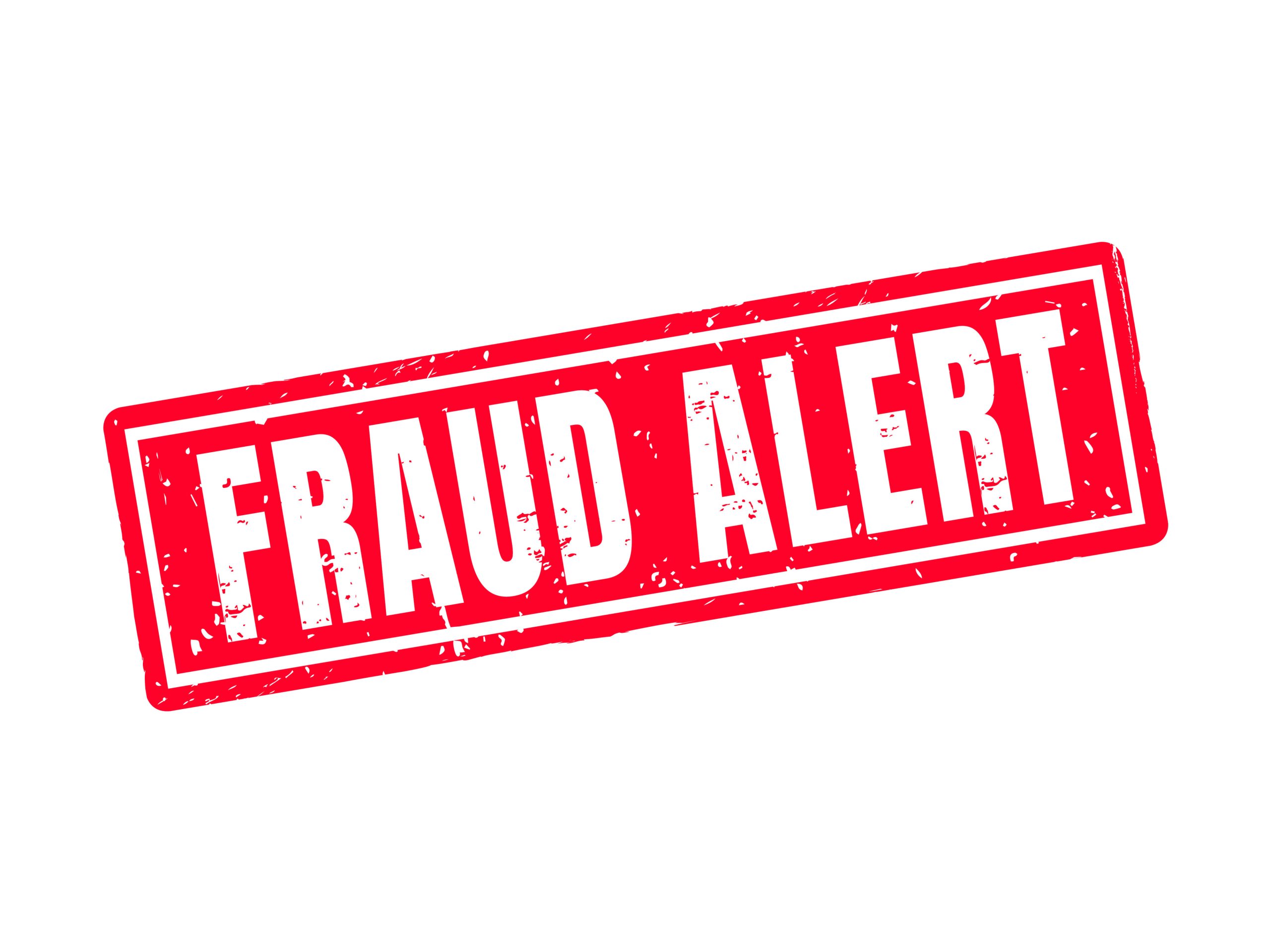Earned Sick and Safety Leave Law
December 11, 2023 | David R. Schaps
Minnesota’s new Earned Sick and Safety Time Leave Law (ESST) is approaching, and Minnesota business owners need to have policies in place and prepared to go live on January 1, 2024. Employers must provide each employee in Minnesota with at least one hour of paid sick and safe time for every 30 hours worked, up to at least 48 hours of accrued ESST a year. An employee is anyone who works at least 80 hours a year for an employer in Minnesota and is not an independent contractor. An employer’s existing leave policy, such as paid time off (PTO), may already fully or partially meet Minnesota’s earned sick and safe time requirements. Local ordinances such as those in Bloomington, Duluth, Minneapolis, and St. Paul may also affect the requirements to provide ESST leave time and differ from the new State requirements. Please note that an important part of the new law is that employees do not have to live in Minnesota to be eligible for ESST accrual but must work at least 80 hours in Minnesota in a year to be eligible; time worked in Minnesota will apply to ESST accrual. If an employer is based in Minnesota but has employees who work in another state, those out-of-state employees are not covered by…
Read MoreTHE CORPORATE TRANSPARENCY ACT WILL APPLY TO MANY U.S. BUSINESSES – ARE YOU READY??
November 9, 2023 | Carole Clark Isakson
Update December 19th, 2024 On December 3, 2024, the U.S. District Court for the Eastern District of Texas issued a nationwide preliminary injunction in Texas Top Cop Shop, Inc., et al. v. Garland, enjoining the federal government from enforcing the Corporate Transparency Act (CTA) and its reporting deadlines. On December 13, 2024, the Department of Justice (DOJ) filed an Emergency Motion for Stay Pending Appeal in the Fifth Circuit requesting an expedited briefing schedule and a ruling “as soon as possible, but in any event no later than December 27, 2024, to ensure that regulated entities can be made aware of their obligation to comply before January 1, 2025.” Reporting companies should continue monitoring developments in the coming days in case the January 1, 2025 deadline for filing is reinstated. The Corporate Transparency Act (“CTA”) is a federal law that will go into effect on January 1, 2024. Unless a company is exempt from reporting (see below) all business entities formed in the U.S. will need to complete and file a beneficial ownership disclosure form (“BOI”) with the U.S. Treasury’s Financial Crimes and Enforcement Network (“FinCen”). Will it apply to my company? The CTA applies to all entities formed in the U.S. with several significant exemptions, including but not limited to: 1) entities…
Read MoreCorporate Transparency Act Fraud Alert
November 7, 2023 | Carole Clark Isakson
Update December 19th, 2024 On December 3, 2024, the U.S. District Court for the Eastern District of Texas issued a nationwide preliminary injunction in Texas Top Cop Shop, Inc., et al. v. Garland, enjoining the federal government from enforcing the Corporate Transparency Act (CTA) and its reporting deadlines. On December 13, 2024, the Department of Justice (DOJ) filed an Emergency Motion for Stay Pending Appeal in the Fifth Circuit requesting an expedited briefing schedule and a ruling “as soon as possible, but in any event no later than December 27, 2024, to ensure that regulated entities can be made aware of their obligation to comply before January 1, 2025.” Reporting companies should continue monitoring developments in the coming days in case the January 1, 2025 deadline for filing is reinstated. Have you heard about the Corporate Transparency Act? Starting in January 2024, many entities will need to report ownership and management information to FinCEN — Financial Crimes Enforcement Network. This branch of the US Treasury Department collects and examines details on economic transactions to help thwart domestic and international financial crimes. Barna, Guzy & Steffen has been actively educating our clients and business partners about this important law. As people become more aware of the requirements, criminals have seen this new reporting requirement as…
Read More

